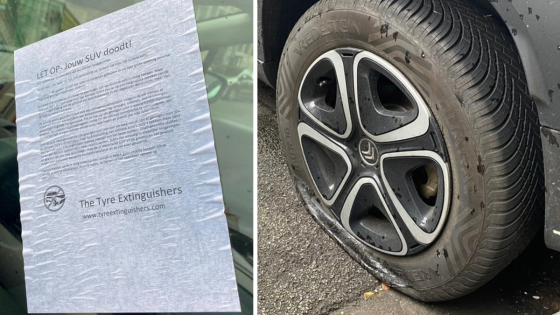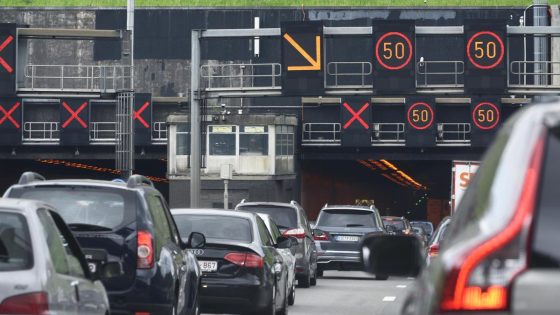In the early hours of 2 July, a group of activists targeted vehicles in Sint-Amandsberg, marking a new chapter in the ongoing debate around climate protest methods. The incident involved the deliberate deflation of car tyres near Bouwmeesterstraat, an act that has sparked both concern and discussion across Gent and beyond. Police responded swiftly with five units, detaining four suspects linked to the climate group Tyre Extinguishers.
- Klimaatactiegroep Tyre Extinguishers zet autobanden plat
- Politie arresteert vier verdachten in Sint-Amandsberg
- Dertien voertuigen getroffen door lekke banden
- Stad Gent verhoogt boetes tot 350 euro
- Activisten richten zich op zware SUV’s
- Klimaatactivisten nemen ook elektrische wagens in vizier
At 2025-07-03 13:26:00, authorities confirmed thirteen vehicles had been affected, with pamphlets left under windscreen wipers explaining the activists’ motives. This direct action aims to highlight the environmental impact of heavy vehicles, particularly SUVs, which the group holds responsible for significant ecological and social harm. But what does this mean for residents and vehicle owners in Belgium?
As the community processes this event, questions arise about the legality and ethics of such protests. Can civil disobedience justify property damage? And how will local authorities balance environmental concerns with public order? These are critical issues as the city considers enforcement measures and public safety.
This incident raises important questions about protest boundaries and legal responses in Belgium. While the activists seek to reduce environmental damage, their methods challenge existing laws and community norms. Key points to consider include:
- The city of Gent has updated its GAS regulations to impose fines up to €350 for tyre deflation.
- Police encourage victims to report incidents via emergency number 101 to assist investigations.
- Tyre Extinguishers focus on heavy vehicles, citing their disproportionate ecological footprint.
- Ongoing debates persist about the balance between activism and property rights.
Looking ahead, it remains to be seen how Gent and other Belgian municipalities will adapt their policies to manage such protests effectively. Citizens are encouraged to stay informed and engage in dialogue about sustainable transport and responsible activism as these discussions evolve.
































